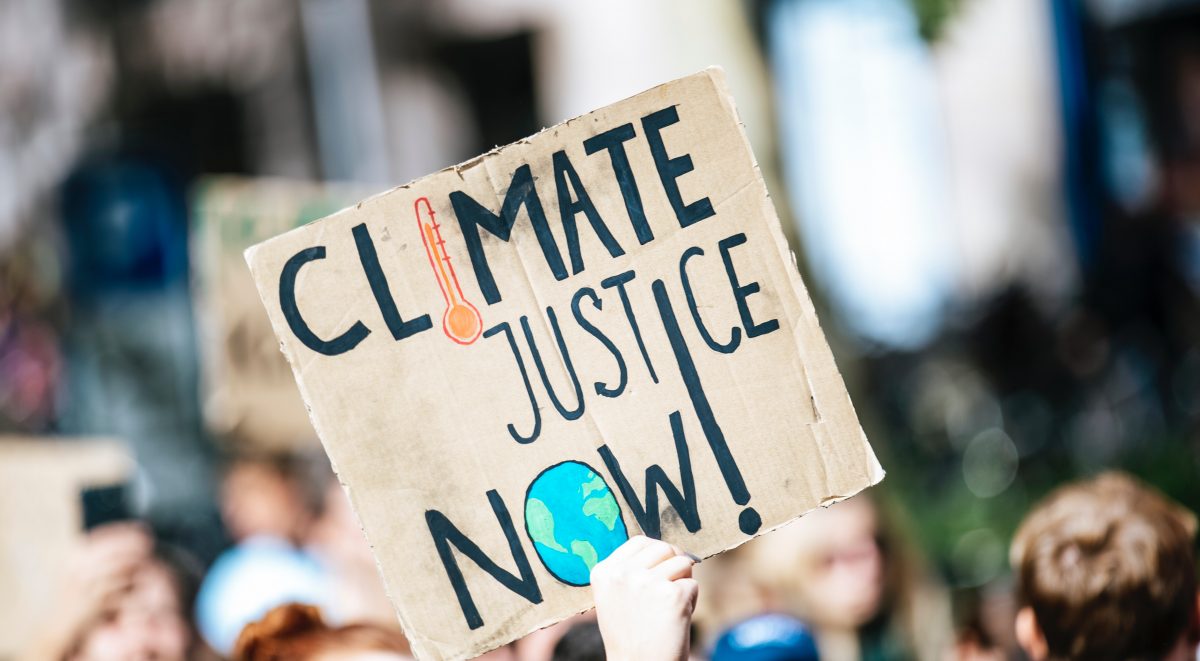
Climate Justice – Just a Game? -the first part of 3 international activities focused on climate justice, education and gamification was a wonderful experience for the participants for the next training.
During the intersessional week participants enjoyed the challenge of the week. One of the two tasks for the week was the interviews on climate justice, experience about a lack of climate justice in each country and the ideas how to ensure climate justice.
Our participants from different countries prepared interviews with different people on these topics. Although the interviewees were not experts on this topic, they had interesting ideas.
Let’s see what the interviewees know about climate justice.

Interviewer: Ana Belén Almagro
Interviewee: Alejandra Reyes, 26, Colombia
“Actually, the first thing that comes into my mind is climate injustice, because it is the most widely seen situation. It is seen how some communities, which due to their geographic location, ethnicity, or race, have to face the negative environmental, social and economic impact caused by activities, such as recourse extraction, carried out by privileged actors. In these activities, a group of people who are in a privileged position get the money and the technological development while the affected communities are left with diseases, pollution and even death.”
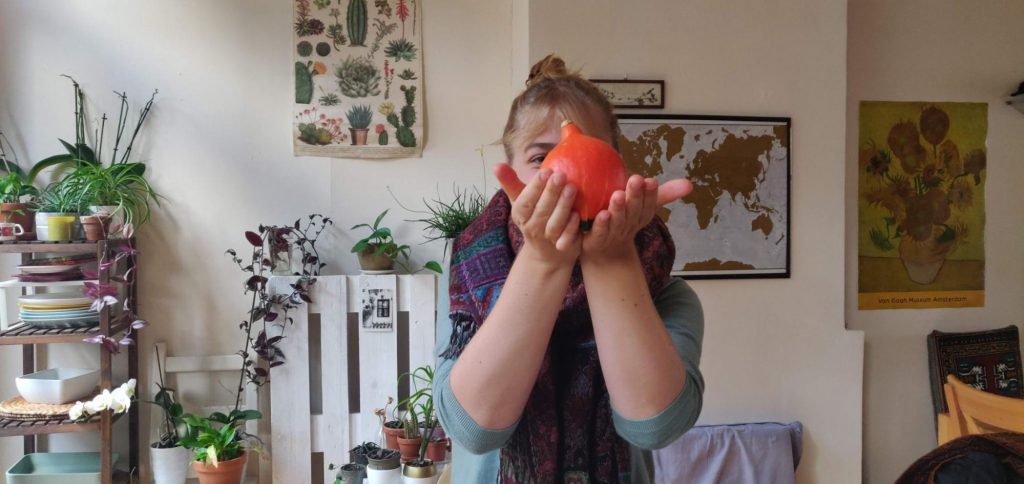
Interviewer: Ana-Maria Gatejel
Interviewee: Minke S, 26, The Netherlands
“As a student of Peace Studies, I see justice as one of the 5 schools of thought discussing peace. One can achieve peace through justice, security, harmony, truth or a balance between the four mentioned before.
I see activism as focused on justice, but justice implies there is injustice. I think justice is also a matter of morality…of what is right, the ethical thing to do, but also shaped subjectively, depending on whose morality we are talking about.
When I say climate justice I instantly think of climate activism, but also law. Poly Higgens is a very interesting public figure, a voice for the earth and the indigenous communities. We also need to think of the future generations, and essentially to not use more resources than we can regenerate. Another think is to live as part of nature rather than the sole beneficiaries through exploitation.“
Interviewer: Angelika Kern
Interviewee: Daniela Nietsch, 37, Austria
“Is that, when companies pay for certificates so they can keep producing more CO2 than they normally should? Otherwise, I don’t know.”

Interviewer: Céline Steenbergen
Interviewee: Simone Lassauw, The Netherlands
“Climate justice is a term related to the climate crisis. The global warming problem is not only seen as a shift in greenhouse gases resulting in temperature rise and many side effects (e.g., sea level rises, nature depletion etc.), but it is as well related to the social and environmental justice, i.e., ethical and political issues. Human rights are taken into account.”
Interviewer: Davit Totadze
Interviewee: Nino D., 32, Georgia
“As the climate change affect all our lives and entire world, climate justice helps human rights to be taken into account during this complicated process.”
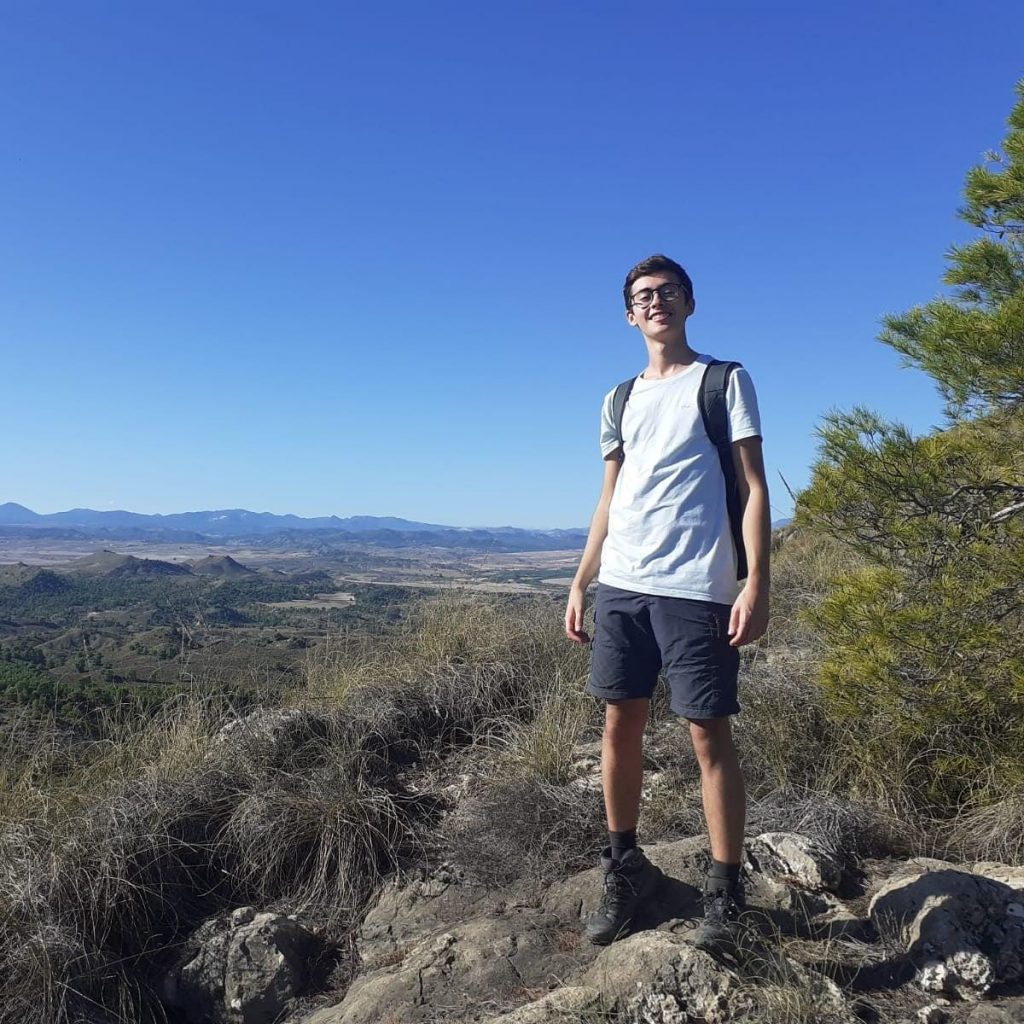
Interviewer: Francesco Mangiarini
Interviewee: Juan Antonio Pérez Lopez, 22, Spain
“For me, climate justice is that the responsibility for climate change should be held by the North and so they also need to take the lead in finding solutions and implementing them. It’s also about taking into account all citizens, including unprivileged groups and minorities in decisions that affect and will affect their future on Earth.”
Interviewer: Vanessa Quintal
Interviewee: Caroline Gouveia, 21, Portugal
“Climate Justice is the broad field that connects climate change, environmental balance and sustainability to social/human rights as well as to protecting diversity in all of its forms.”

Interviewer: Ilze More
Interviewee: Linda Ulāne, 32, Latvia
“It sounds like there is an official term “climate justice” but I haven’t researched it, so the answer is basically my feeling more than some fact. This combination of words makes me think about people all around the world who suffer from climate changes, mostly people from more vulnerable backgrounds, poor people, people living “from hand to mouth”, growing their own food, living close to open waters or in places that are facing drought many years in row. And they suffer much more from us, more privileged people who live in better geographical conditions, who have more money, and who often (not always) actually are the ones to blame for the crazy increase of devastating changes in the world because of our never-ending craving for more and more. The need of “climate justice” exists because of the massive level of consumerism that we experience.”
Interviewer: Iringo Csakany
Interviewee: Emoke Szakady, 36, Switzerland
“It’s the aspect of unprivileged groups of people in the means of climate change.”

Interviewer: Jannis Gustke
Interviewee: Michael Krauß, 35, Germany
“Climate is a global concept. Climate in a local concept is always connected to the global level. There must be ensured that all people have the same right regarding to the climate. Because Climate crisis threatens all people so everyone must have the right to have a share in the decision making.”
Interviewer: Karin van Os
Interviewee: Bart-Jaap Schuller, 24, The Netherlands
“Justice for those who are suffering from the consequences of climate change, both humans and animals. As well as next generations.”

Interviewer: Khadija Aliyeva
Interviewee: Ayan Shamchiyeva, 21, Azerbaijan
“The world suffers from people’s short-sightedness. Although the consequences of Climate change are already visible worldwide, the system and society see our world via their pink eyeglasses. We can blame capitalism or countries that ignore climate change issues, but the truth is that we all will be affected sooner or later. Thus, climate justice is a voice for activists, youth, low-income, colourful, LGBTQ+ communities to speak up about their rights and Climate Change consequences, as they are the most suffering group. Therefore, climate justice is not just a desire to solve environmental issues but also political and systematic matters”
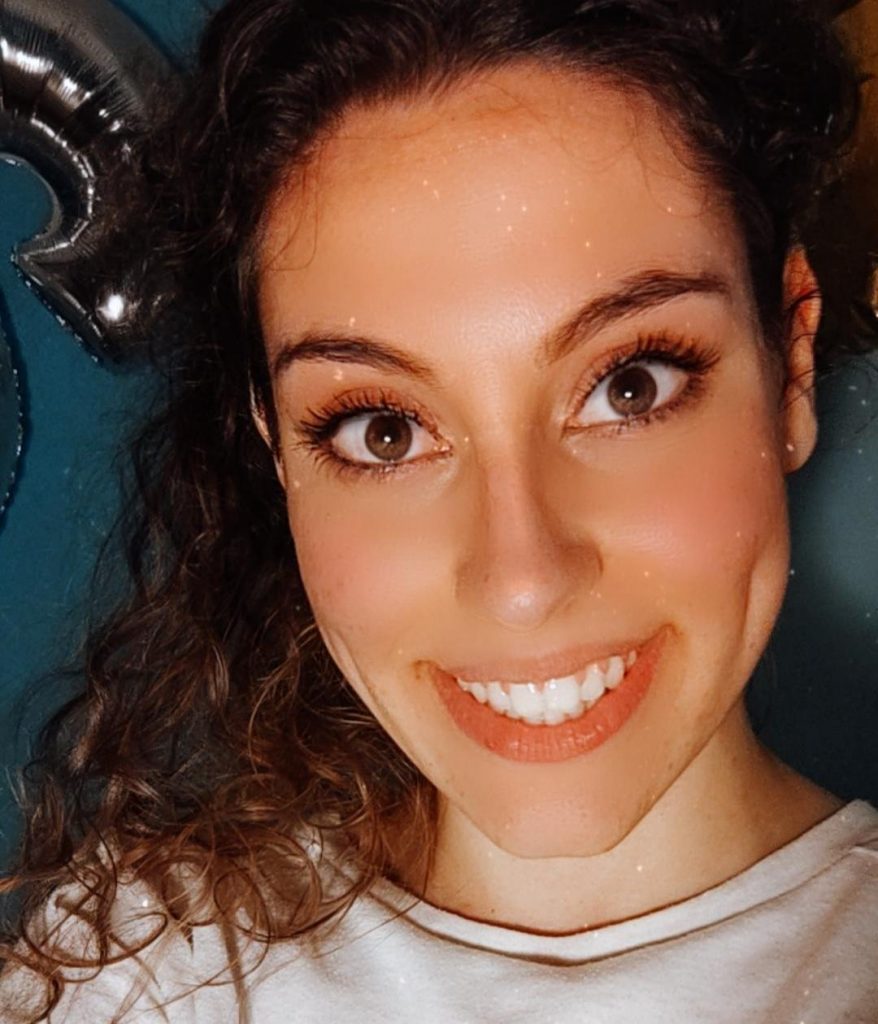
Interviewer: Marica Farini
Interviewee: Caterina P., 22, Italy
“Climate justice is the union of the changes that the environment and the climate are going through and the social justice that wants to fight against the changes.”
Interviewer: Mehmet Selcuk Guclu
Interviewee: Tugay K., 26, Turkey
“Climate change is framed as an ethical and political concern rather than simply natural or physical and it is accomplished by connecting climate change’s causes and consequences to conceptions of justice, especially environmental and social.”

Interviewer: Nazarena Plumb
Interviewee: Sarah Browne, 18, Ireland
“For me, Climate Justice is a movement or a protest demanding change. The words are even more powerful than just that of Climate Change because it makes it clear that there is an injustice which is essentially being ignored by large proportions of the population. Climate Change affects everything from human rights to economics to natural disasters so Climate Justice to me, means taking responsibility for the situation and finding a suitable resolution in order to bring fairness and much needed help to underprivileged areas of the world who are the most harshly affected by climate change.”

Interviewer: Nicolas QUERO-RIO
Interviewee: Maxime QUERO-RIO, FRANCE
“I think it’s a question of equality in the face of climate change. Even before we talk about climate change, some populations did not have the same access to natural resources. Drinking water, irrigation water, fishing resources… The risk that climate change will increase these inequalities is real. The activity of the so-called developed countries has an impact on the lives of millions of people, who do not have access to our way of life. We live on the backs of other people, to their detriment (rising waters, air pollution, water pollution, waste, environmental impact of human activity …)”
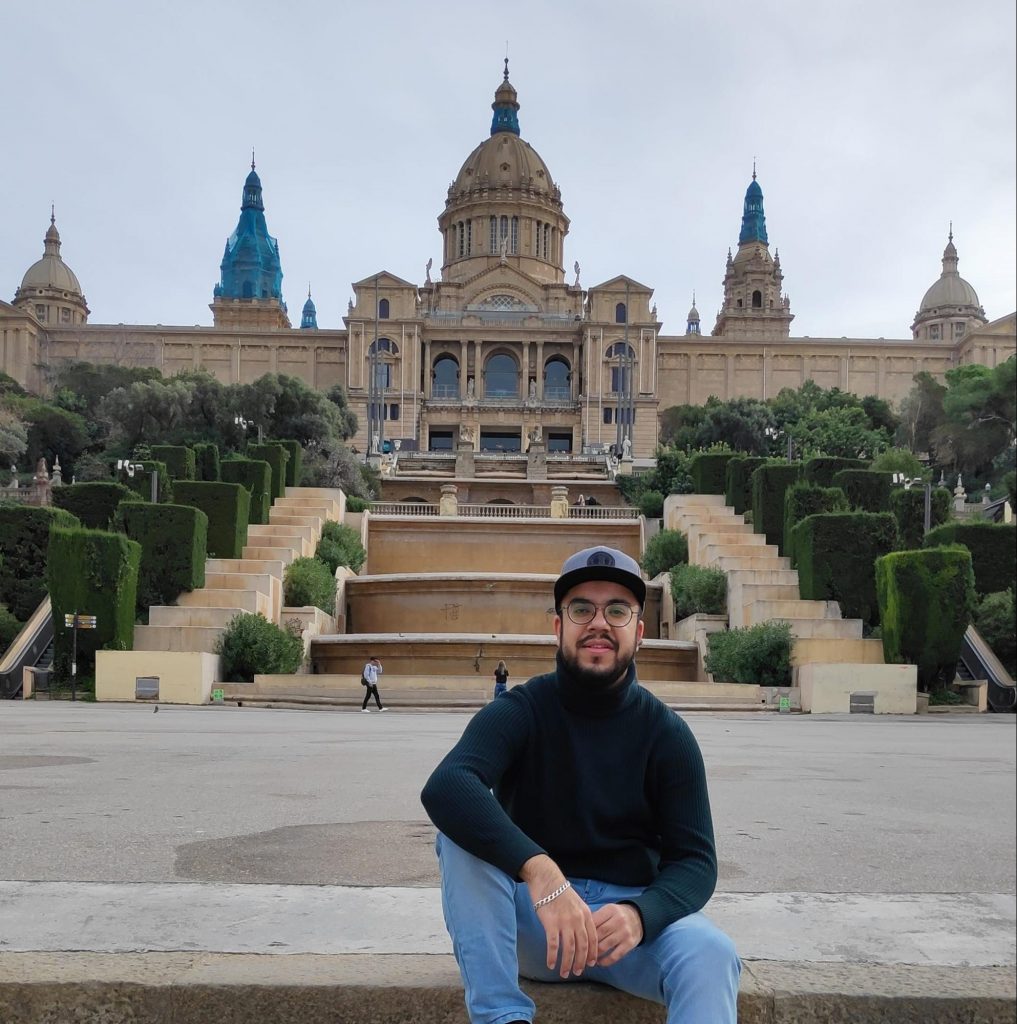
Interviewer: Patricio
Interviewee: Aayush Verma, 25, India
“Climate justice is related to climate change. Climate change is taking place and affecting people and places in multiple ways. It will continue if we don’t bring justice to it. It is believed that people who are least responsible for climate change suffer the most. Climate change will bring lot of inequalities between and within different countries, communities and races. It may also lead to a conflict between the current and future generations. It’s high time that we realize the consequences before it’s too late to control the future crisis. Therefore, climate justice examines a few concepts such as equality, human rights, transparency, accountability, etc.”
Interviewer: Selin Özbek
Interviewee: Hava O., 52, Turkey
“Meeting everyone’s need of access to the clean air, water and clean life equally”

Interviewer: Sonia Premoli
Interviewee: Livia S., 38, United States
“Climate justice is the link between climate changes and social, civil and human rights.”
